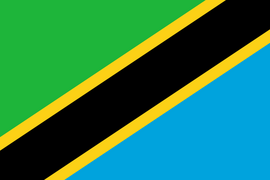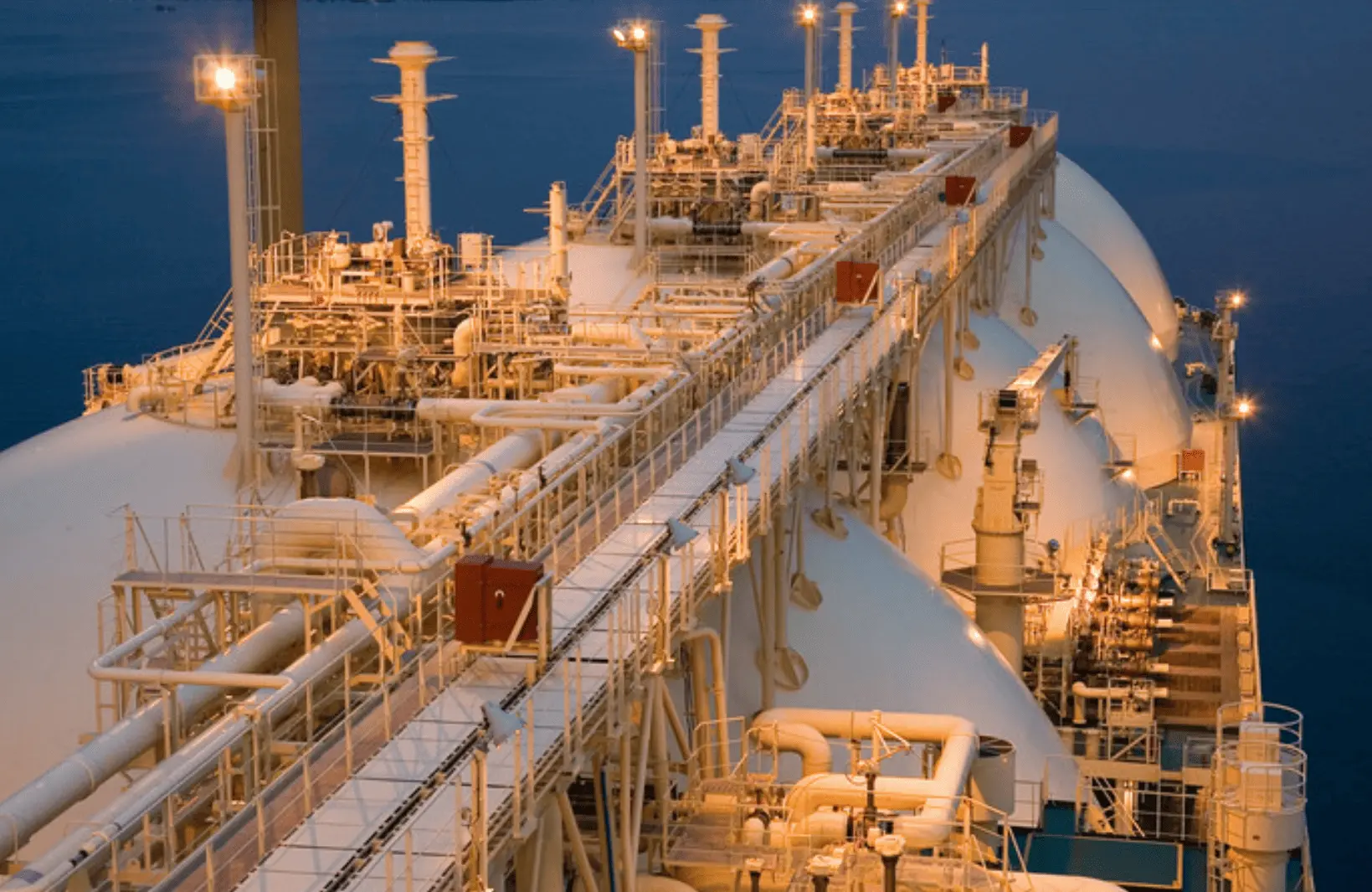Tafuta
Kiswahili

English


Tanzania has discovered significant reserves of natural gas off the coast of Lindi and Mtwara, in deep-water fields located more than 100 kilometers offshore, at water depths of up to 2.5 kilometers. These discoveries form a critical energy resource base for the country and lay the foundation for the development of the Tanzania LNG (TLNG) Project.
The project is being implemented following four major deep-sea gas discoveries made in Blocks 1, 2, and 4 of Tanzania’s offshore basins. These discoveries were made by Equinor in Block 2, and by Shell in Blocks 1 and 4. After completing the drilling of appraisal wells, the international oil and gas companies (IOCs) involved are now ready to engage with the Government of Tanzania in commercial, technical, legal, and regulatory discussions aimed at monetising the gas through a land-based LNG export facility.
The TLNG Project aims to transform these offshore gas resources into liquefied natural gas (LNG) for export, providing a strategic opportunity for Tanzania to enter global LNG markets. With its advantageous geographic position, Tanzania is well placed to serve growing energy demand in South East Asia, India, and Europe.
A key competitive advantage of Tanzania’s natural gas is its low carbon dioxide (CO2) content, which makes it cleaner and more environmentally friendly compared to many other sources. This enhances its appeal in markets seeking lower-emission energy solutions.
Beyond exports, the TLNG project also includes provisions to supply a portion of the gas to the domestic market. This will support power generation, industrial use, household energy access, and compressed natural gas (CNG) vehicles, helping meet the country’s growing energy needs and reducing dependency on imported fuels.
The TLNG project is expected to generate significant economic and social benefits, including job creation, technology transfer, local business opportunities, and government revenues. It represents a transformative development that will contribute directly to Tanzania’s long-term energy security and economic growth.
